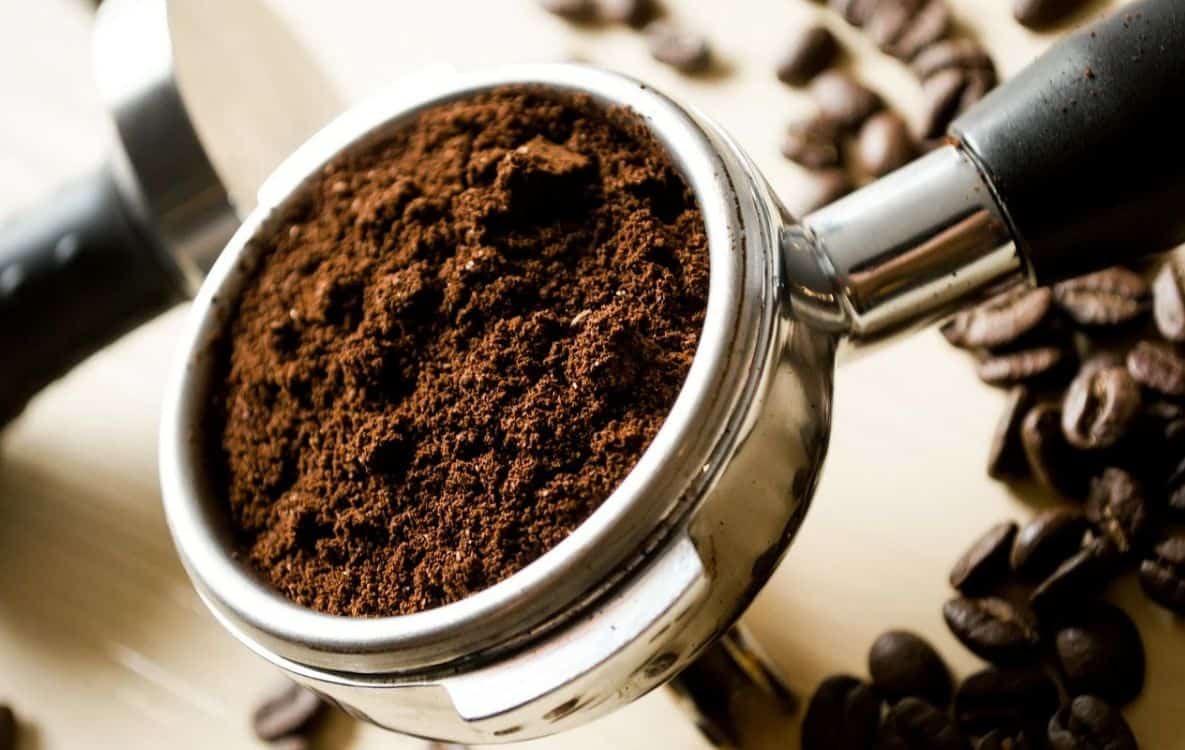Despite having certain benefits and promoting itself as an alternative to natural coffee, decaffeinated coffee carries several dangerous side effects, revealed dietitians and doctors.
Because it does not contain caffeine, decaffeinated coffee does not cause insomnia and is even sometimes recommended for pregnant women. The drink has low levels of acidity and therefore causes less damage to the teeth. However, side effects and health damage reduce these decaffeinated benefits to zero, doctors warn.
Chemical ingredients
Coffee beans naturally contain caffeine, so removing the stimulant is difficult and often unnatural.
“The beans are soaked in a chemical solvent that leaches out the caffeine,” says Dr William Li, physician, scientist and president of the Angiogenesis Foundation.
According to the specialist, some of the components are the same as those used in paint thinner or nail polish remover.
Although the U.S. Food and Drug Administration (FDA) has approved the use of these chemicals—particularly methylene chloride—in the production of decaf, they still pose a lot of health risks.
- Neuroscience Breakthrough: Study Pinpoints Brain Activity That Helps Prevent Us From Getting Lost
- Brief Anger Hampers Blood Vessel Function Leading to Increased Risk of Heart Disease and Stroke – New Study
- New Blood Test Pinpoints Future Stroke Risk – Study Identifies Inflammatory Molecules as Key Biomarker
- Enceladus: A Potential Haven for Extraterrestrial Life in its Hidden Ocean Depths
- New Experiment: Dark Matter Is Not As ‘DARK’ As All We Think
Doctors warn that these chemicals can affect the nervous system, cause rheumatoid arthritis and even present a risk of cancer.
Increases cholesterol
Meanwhile, the risks of decaf still begin with the selection of beans.
For decaffeinated coffee, beans with the highest fat content are typically chosen, “which could have potential consequences for cholesterol levels and long-term heart health as well,” says Dr. Olivia Audrey.
Ultra-processed food
Nutritionist Ella Davar notes that the decaffeination process “makes decaffeinated coffee an ultra-processed food.”
In addition to the obvious benefits of ingesting a natural substance over an unnatural one, regular coffee has health benefits that decaf coffee does not have.
“Many of the natural bioactive chemicals that boost health defenses” are lost in decaffeination, Dr. Li in turn observes. One of them in particular, chlorogenic acid, “can activate your immunity and even slow cellular aging,” he explains.
Additionally, doctors note that the beans used for decaffeinated coffee may not offer the same cardioprotective effects as those used in caffeinated coffee.
Still has caffeine
Dr. Li notes that decaffeinated coffee still has some caffeine, usually around 5%, although that amount is not regulated.
And while it’s less acidic, dietitian Noman Imam explains that decaf can still increase serum gastrin concentrations, which triggers heartburn.
Therefore, if one tries to quit caffeine for health reasons, switching to decaf is unwarranted, summarizes Dr. Rashimi Byakodi with reference to a comparative study.
